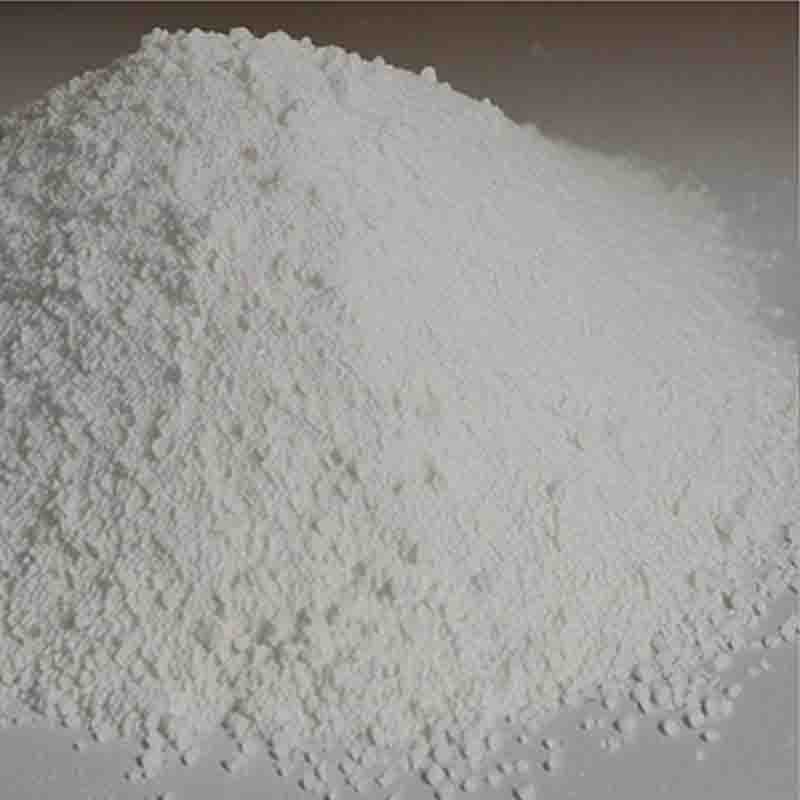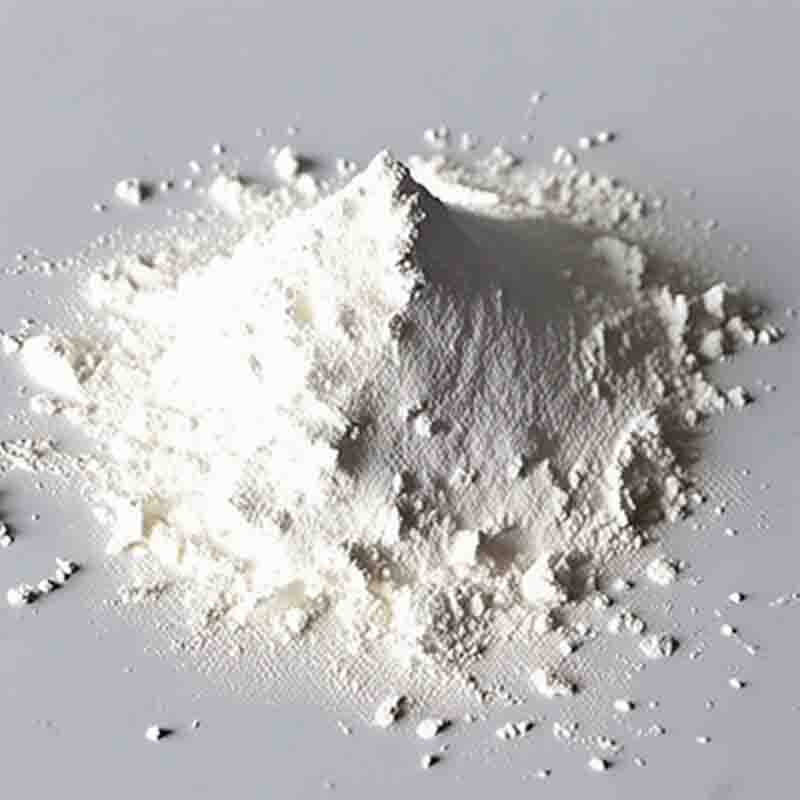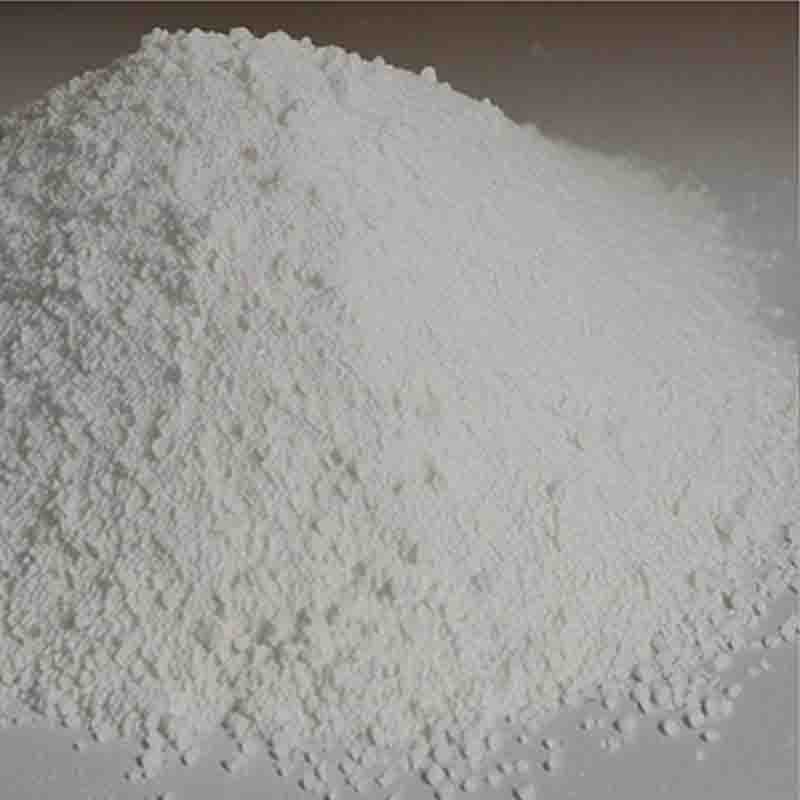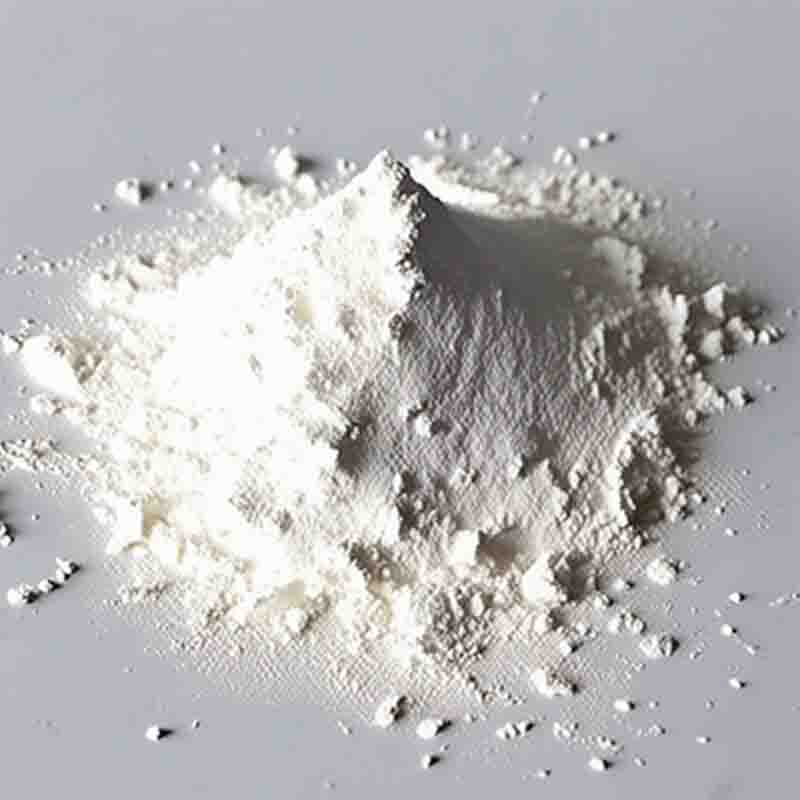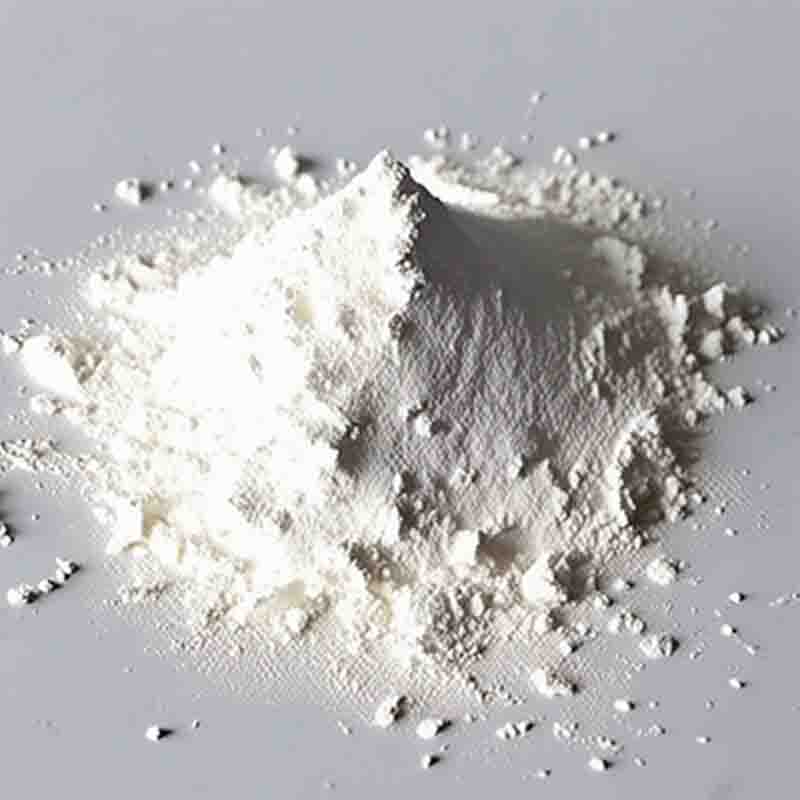Isopropyl-beta-D-thiogalactopyranoside CAS: 367-93-1
| Catalog Number | XD93940 |
| Product Name | Isopropyl-beta-D-thiogalactopyranoside |
| CAS | 367-93-1 |
| Molecular Formula | C9H18O5S |
| Molecular Weight | 238.3 |
| Storage Details | Ambient |
Product Specification
| Appearance | White powder |
| Assay | 99% min |
Isopropyl-beta-D-thiogalactopyranoside (IPTG) is a chemical compound commonly used in molecular biology and biochemistry research. IPTG is a synthetic analog of lactose, a natural sugar found in milk. Its structure contains a galactose ring modified with a sulfur atom and an isopropyl group.The main use of IPTG is in the induction of gene expression. It is used to trigger the production of specific proteins in bacterial cells carrying a recombinant DNA construct. IPTG acts as a molecular mimic of lactose and binds to the lac repressor protein, preventing it from blocking the transcription of genes downstream of the lac operator. This allows the expression of genes under the control of the lac operator, leading to the production of the desired protein.By adding IPTG to bacterial cultures, researchers can control the timing and level of protein synthesis for a variety of experimental purposes. Inducible protein expression systems are widely used in laboratory settings to study protein function, protein-protein interactions, and protein purification. IPTG induction provides a controlled and reproducible method for the production of large quantities of recombinant proteins for downstream applications such as structural characterization, enzymatic assays, or therapeutic protein production.IPTG is easy to use and is often added to bacterial growth media at a specific concentration. The optimal concentration of IPTG varies depending on factors such as the specific strain of bacteria, the protein of interest, and the experimental design. Typically, a range between 0.1 and 1 mM IPTG is used, but optimization may be necessary for each individual experiment.It is important to note that IPTG does not have any metabolic or nutritional value to bacterial cells. Unlike lactose, it is not metabolized by beta-galactosidase, an enzyme necessary for lactose metabolism. Therefore, IPTG is preferred over lactose for gene induction experiments because it does not interfere with bacterial growth or metabolism.In summary, Isopropyl-beta-D-thiogalactopyranoside (IPTG) is a widely used compound in molecular biology research. Its ability to induce gene expression and control protein production in bacteria has made it an invaluable tool for studying the functions and properties of proteins. IPTG can be easily added to bacterial cultures to promote the synthesis of recombinant proteins for various applications in biotechnology and medical research.


